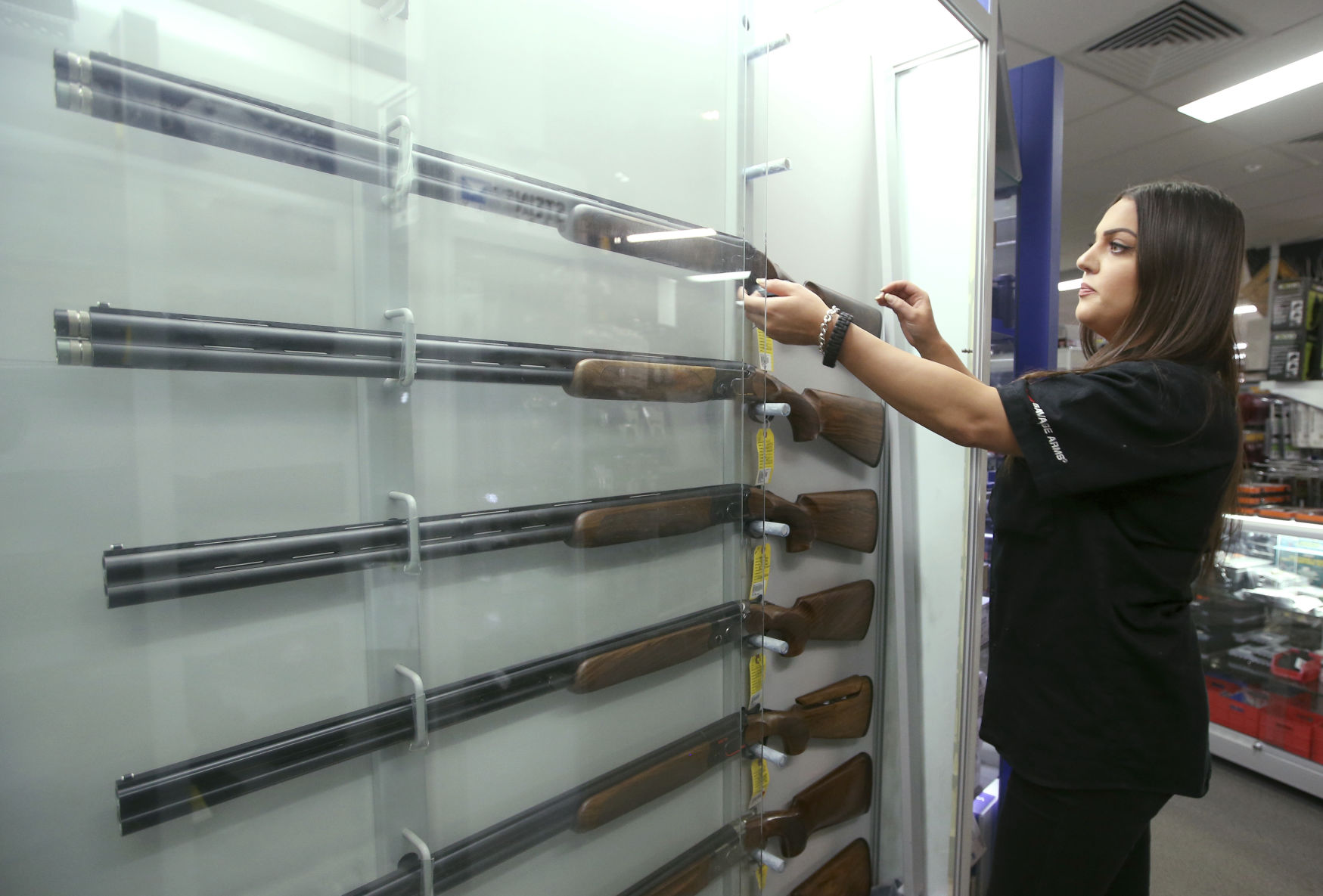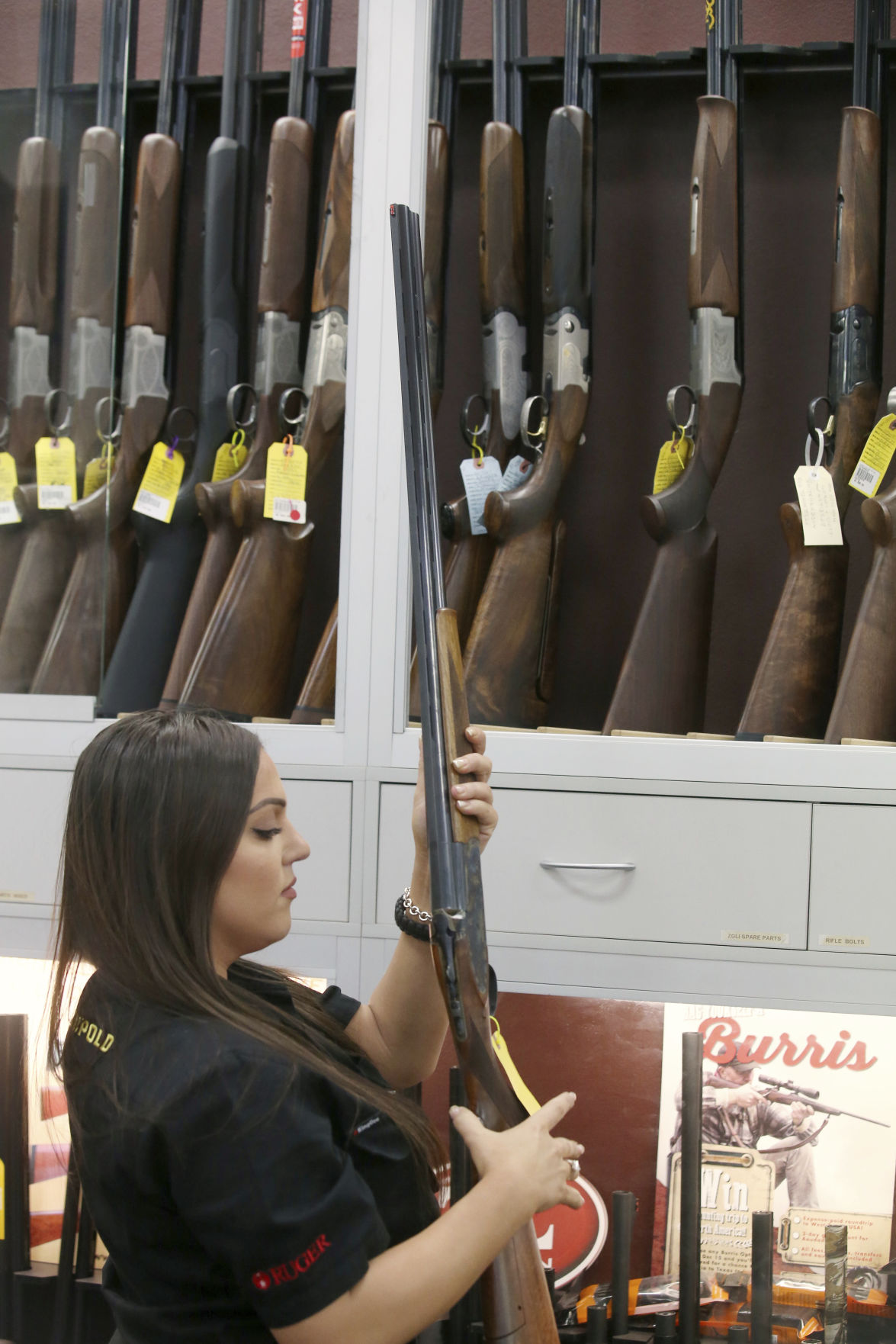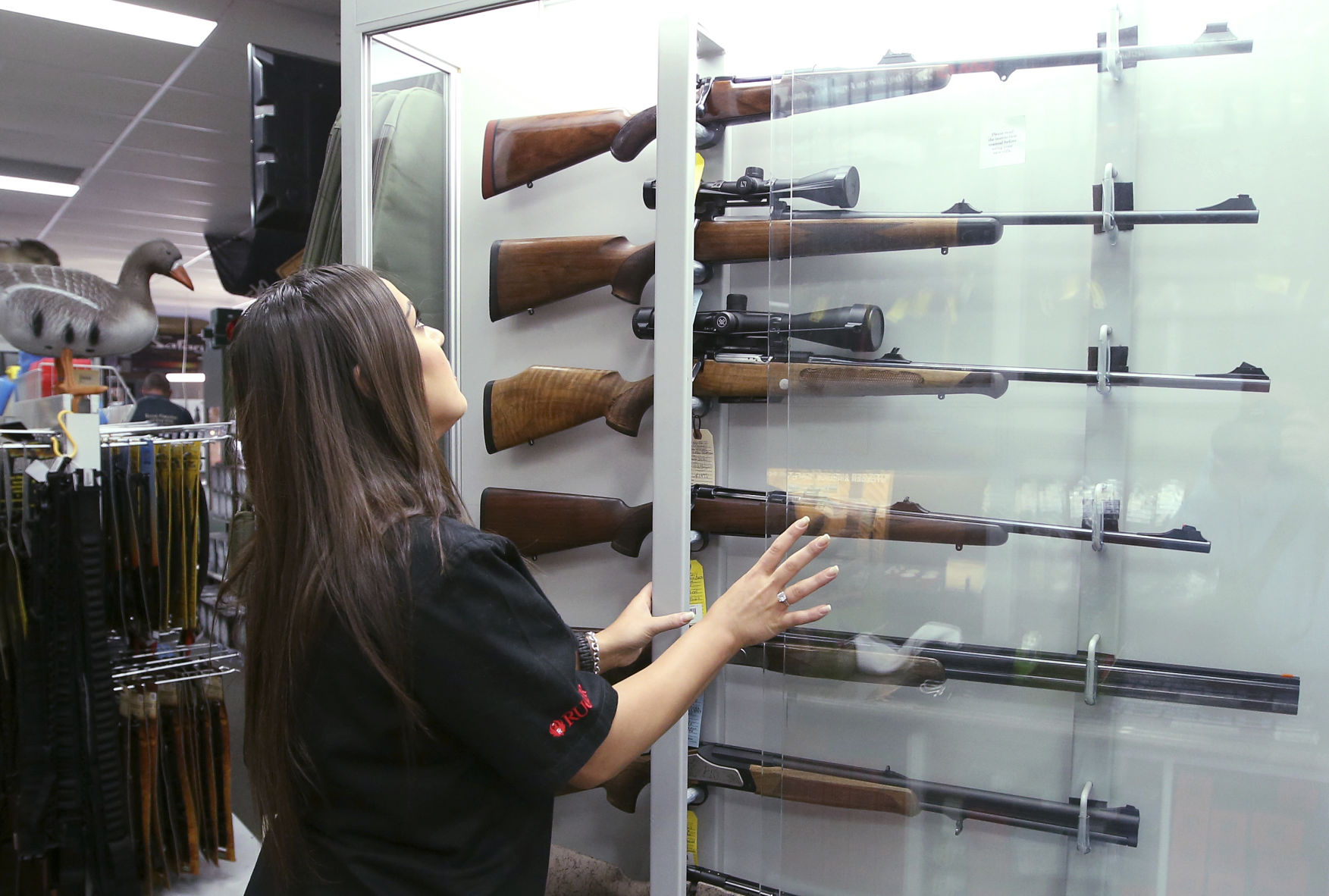SYDNEY (AP) — The former politician who helped win over a hostile Australian pro-gun lobby to the idea of massive weapons reform says the overwhelming success of the change should serve as an example for American politicians in the wake
SYDNEY (AP) — The former politician who helped win over a hostile Australian pro-gun lobby to the idea of massive weapons reform says the overwhelming success of the change should serve as an example for American politicians in the wake of the Las Vegas massacre.
Tim Fischer, who was deputy prime minister at the time of Australia’s worst mass shooting, when lone gunman Martin Bryant slaughtered 35 people at Port Arthur, Tasmania, in April 1996, urged Donald Trump to “get real” and make lasting change on the issue part of his legacy as president.
“I’m sick of hearing people say after gun massacres in the U.S. that now is not the time to debate gun control. Now is the perfect time,” Fischer told the Associated Press on Wednesday, days after 59 people were killed in the deadliest mass shooting in modern U.S. history.
The 1996 massacre in Tasmania came only seven weeks after a coalition Australian government, led by Liberal Party Prime Minister John Howard, had taken office, and sparked a radical step by the new administration. The government banned automatic and semi-automatic firearms, and instituted a buyback scheme in which civilians would be paid to hand in such newly illegal weapons.
More than 600,000 civilian-owned guns were bought and destroyed by the government, at a cost of half a billion Australian dollars, raised by a yearlong increase in the Medicare public health tax from 1.5 percent to 1.7 percent.
Another three-month amnesty has just concluded in which civilians handed in more than 25,000 illegal guns without fear of prosecution. While it did not involve a government buyback, owners were allowed to sell their weapons to licensed firearms dealers.
As then-leader of the rural-centric National Party in 1996, Fischer was charged with the sizeable task of winning over Australia’s largely rural-based pro-gun lobby to the radical steps sparked by the Port Arthur massacre. He and Howard faced stern opposition. At one rural rally, protesters hanged an effigy of Fischer. Howard addressed another rally wearing a bullet-proof vest.
Despite the early opposition, the reforms were implemented in only a matter of months.
In the 18-year period before the gun reforms, Australia had 13 shootings in which at least five victims were killed. Since the reforms, it has had none.
Fischer said Wednesday that while U.S. gun reform is seen by many as an intractable problem, it’s within Trump’s power to institute fundamental change, despite the opposition of pro-gun groups such as the National Rifle Association.
“The N.R.A. can be stared down on this,” he said.
“I’d urge President Trump to get real on this problem. He has the chance to make this his moment,” Fischer said. “And I say to U.S. leaders, Republican and Democrat, that now is your best opportunity to bite the bullet and finally bring in meaningful change.”
“Mr. Trump has a great chance to put together a very careful set of words, and put down a marker on this very important issue,” he added.
Fischer, a Vietnam veteran, farmer and gun owner, said Trump has the opportunity to act now, while his administration is still relatively new.
“It’s best to do the big steps early on for a government,” he said. “We brought in our gun control steps very early in our administration. We suffered a bit for it at the next election two years on, but we still got back in.”
Fischer conceded that tackling the problem in the U.S. presents a larger challenge than it did in Australia, with an estimated 310 million guns spread among the American population, and a right to bear arms enshrined in the Constitution. However, he said substantial gun reform in the U.S. is still achievable, based on public campaigns to win over opponents.
“John Howard and I took the idea to the town square, going about the place to put forward the argument for change. It wasn’t easy, but we just stuck at it,” he said. “In America, it would be very hard work, but nevertheless, if the commitment is there, change can come.”
Fischer proposed selling the reform idea across the U.S. through an old-style “community train” that would run from New York to Los Angeles, stopping at many places in between to sell the message of gun reform. The idea partly echoes the “Everytown” campaign in the U.S., founded in 2014, in which more than 1,000 mayors of towns and cities, among other activists, have banded together to urge gun reform, with former New York City Mayor Michael Bloomberg the group’s co-chair.
“I’d like to see Michael Bloomberg on the community train, and a leading Republican and Democrat,” Fischer said. “You’d be surprised how many people would turn out at every stop.”
He said that a government buyback of guns would be extremely costly in the U.S., but that now is Trump’s chance to “put down a marker” on gun reform, including drastically tightening background checks for firearms purchasers.
“A buyback probably isn’t the first thing they should do,” Fischer said. “Maybe it could be considered down the track. But it’d be great to see some initial modest first steps and see how much further it can go.”
“You don’t talk about an amnesty in the U.S. because these weapons aren’t illegal,” he said. “But what could be done is the government coming up with a definition for semi-automatic and automatic rifles and calling them out for what they are — killers of innocent children, men and women.”




